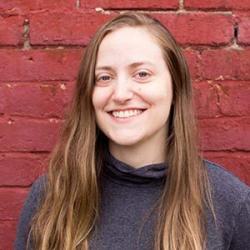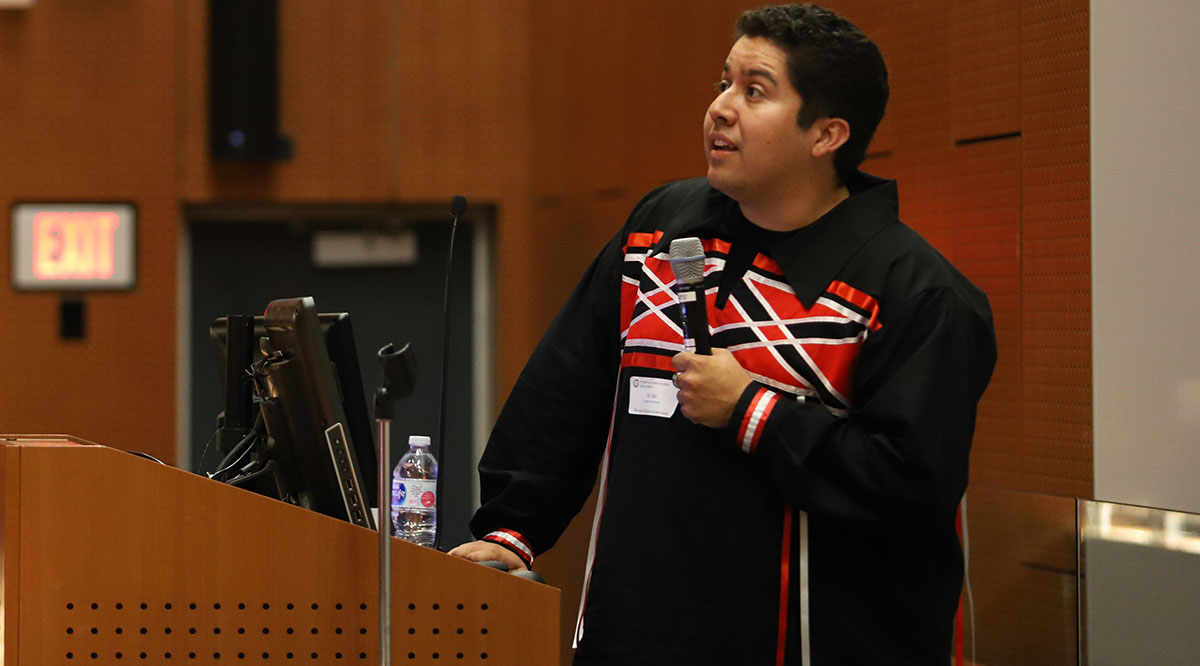
Diversifying the racial and ethnic makeup of the medical workforce has been a goal of academic medical institutions across the United States for decades, but a recent analysis of AAMC data on medical school admissions published in the New England Journal of Medicine (NEJM) revealed that there is still a long way to go.
While some groups admitted to medical school have increased, including women and Asian men, others remain underrepresented. In particular, the number of Black men, American Indians, Alaska Natives, Native Hawaiians, and Pacific Islanders admitted has actually declined in the last 40 years. The number of Black men dropped from 3.1% in 1978 to 2.9% in 2019, and American Indians and Alaska Natives accounted for less than 1% of all medical students throughout the 40-year study period.
“It’s critical that we do a better job of training physicians who understand and come from the communities they serve,” says Atul Grover, MD, PhD, executive director of the AAMC Research and Action Institute and a co-author of the NEJM article. “There are leaks in the system from prekindergarten through college and we must, as a nation, do more to ensure the educational system serves everyone. At the premedical and college level, we have private and federal pathway programs that do a fantastic job — but we need to do more at every level, including in the medical school admissions process.”
AAMCNews spoke with students and residents in some of the least represented groups in medicine about their personal experiences and thoughts on how academic medicine can better serve them and others like them.
Celeste Colegrove, rising fourth-year medical student at the University of North Dakota School of Medicine and Health Sciences in Grand Forks
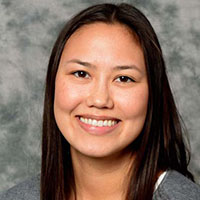
I’m originally from Alaska, and I’m a member of the Central Council of the Tlingit and Haida Indian Tribes of Alaska. In Alaska, I had access to pretty great health care. I was always grateful for that, but when I left Alaska, I started realizing that I never — to the best of my knowledge — had a doctor of color. I never had a doctor who was Alaska Native or American Indian. That struck me as odd because I received all my health care at a Native hospital. I would see Natives in administration and as nurses and in tech roles, but I would never see them providing the care to me and having those difficult conversations about sexual education, or my weight, or diseases that make me more at risk just solely because I’m Alaska Native.
In college, I majored in anthropology and geography, which I loved, but I didn’t have confidence to apply to a more common premed major. It’s so intimidating being a person of color pursuing medicine; not having people who look like you as mentors. Then having advisors who tell you that your test scores are too low or you got a C in general chemistry, so you’re not a competitive applicant. I went to advisors seeking mentorship, seeking guidance, seeking hope — and then had them say, “No, your application isn't competitive, you shouldn't apply.” One thing that bothered me the most was when people would say, “Medical school is really hard,” and leave it at that.
I graduated, took a few years off, and then took the MCAT®. My MCAT score wasn’t highly competitive, so I cast a wide net in my applications. I ended up getting into the University of North Dakota. I never thought I would move to North Dakota, but it’s really been a blessing because I’m part of the Indians into Medicine program. I get to study alongside five other Native students, and there are Native faculty and physicians who I can look to for support and guidance. I think a lot of students of color struggle with not having people in their corner who are willing to invest in them and support them through the difficult aspects of pursuing medicine.
Abia Abia, MD, second-year resident at Icahn School of Medicine at Mount Sinai in New York, New York
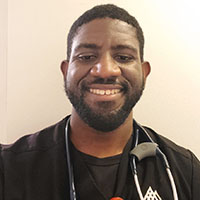
I was born in Nigeria and moved to this country with my parents. My mom was a physician in Nigeria. My dad was an engineer. I saw my mom go through residency when she came over to the United States and saw her working in the emergency department. That helped spur my initial interest in medicine. My parents put me into schools that gave me early exposure to health and medicine.
For me, representation in medicine wasn’t something I had initially been cognizant of until I started applying to medical school. When I was a kid, I was a bit more militant in terms of my views on my education. I was just going to do what I needed to do. As long as I got a good education, I didn’t care who was around me. I was initially OK with that mindset because I had grown up in South Florida where there was a very diverse population around me. I didn’t realize how much of a gap in representation there was until I went off to college. Then when I finally got to medical school, there was even less diversity. I remember every time I was in a new class, I immediately started to think about the number of students in the class and the number of them who were Black. My class had the largest number of Black students, but still it was around 7% or 8%. The nail in the coffin was when I was applying for residency; I reached out to one of the attending physicians at the affiliated hospital emergency department and asked for tips to stand out on my interview trail. He gave me a couple of regular tips and he also said, “If your concern is standing out, that’s not going to be much of an issue because there are not many Black men in our field.” Then when I was on my interview trail, I realized I had seen only one other Black man besides myself.
We have our societies, like the Student National Medical Association, but I don’t think people really understand why those societies exist. They don’t understand that there’s a bit of alienation if you’re a Black man in medicine. When I was applying to medical school, I wasn’t really thinking about who I would see in the medical field — and if I had, I don’t know if I would have wanted to apply to medicine in this country. Thankfully, I was able to find community in medical school among people with similar experiences who could relate to that feeling.
Alec Calac, rising fourth-year MD-PhD student at the University of California, San Diego, School of Medicine and San Diego State University School of Public Health
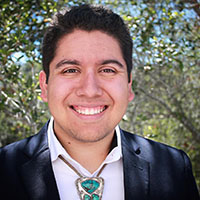
I am from the Pauma Band of Luiseño Indians. My father was the first person from our tribe to earn a medical degree. I will be the second. Growing up with a father in medicine, I saw that he came full circle from leaving the reservation for college, going to Harvard Medical School, and then coming all the way back to be the medical director of the same Indian Health Services clinic where he grew up. He’s now served our own tribe’s health care needs for nearly 20 years. I never really understood why my father was so busy or why he was coming home late, but I learned over the years that he was bringing attention to the same issues of workforce and health inequity that I have taken an interest in.
Without his example, it would have been much harder for me to go into medicine. I went to [college at] the University of Arizona, where I found community and mentorship at the Native American Research and Training Center. There, I was one of hundreds of Native American students. But when I started medical school, I was the only Native student in a class of 134. That isolation is what many students experience across the country, with 91% of medical schools enrolling three or fewer Native students.
I believe that academic medicine needs to strengthen support for Native students interested in health careers, as well as examine policies and programs that may create barriers for students. Native health professionals are most likely to go back and serve their own communities, which have physician vacancy rates ranging from 25%-50%. This is more than an issue of underrepresentation; we are failing to meet our legal obligations to provide adequate health care services to the 574 tribal nations in the United States.
André Smith, recent graduate of the masters of health sciences program at Meharry Medical College in Nashville, Tennessee; medical school applicant; and member of the Action Collaborative for Black Men in Medicine sponsored by the AAMC and National Medical Association
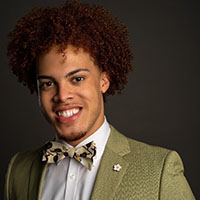
I’m from a really small town called Tylertown, Mississippi. I was raised by my grandparents, so my initial inspiration for getting into medicine came from going to the doctor with them. My grandma has knee pain, so she gets regular knee injections. I would go with her and see that there was a great connection between her and the physician. I’d go with my grandpa to see his cardiologist and I was amazed by the physicians being able to connect with their patients regardless of skin color. As a child, you notice those things. That was my introduction to medicine. Also, my grandfather was a science professor, so seeing that example was my inspiration for wanting to be a physician as well as a teacher later in life.
I formed a connection with the same orthopedic surgeon that my grandma saw for those knee injections. He’s a really great role model; I’ve shadowed him in the clinic and in the operating room and he wrote me a recommendation letter for my medical school application. Still, I have a limited number of role models and mentors in medicine — many of whom are not people of color.
So, from that 10-year-old André [who first dreamed of becoming a doctor] to the 23-year-old I am now, I completed undergrad successfully and I just completed my master’s program, but there have been ups and downs because, at the end of the day, I’m still a Black man. Being a Black man, advising and support is not as heightened as it would be for someone who doesn’t look like me. I’ve taken the MCAT three times. This is my second time applying to medical school. I’m currently in this cycle and I’m really hoping to get in. And the truth of the matter is that [struggle] doesn’t always happen with counterparts who don't look like me.
I completed my master’s at a historically Black college or university. I was disheartened to read in the NEJM article that without Black medical schools, Black men would be even less represented in medicine. I think it really boils down to money and institutional bias. You may see some Black men in medicine, but of those, who’s in that number? More times than not, it is not going to be people who are of low socioeconomic status. To change that, starting early on is the key to success. There should be more programs specifically targeted to Black boys in high school — and even elementary school — that motivate and prepare them to apply for medical school. That way, they don’t have the same hurdles with entering medical school as I do.
